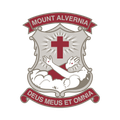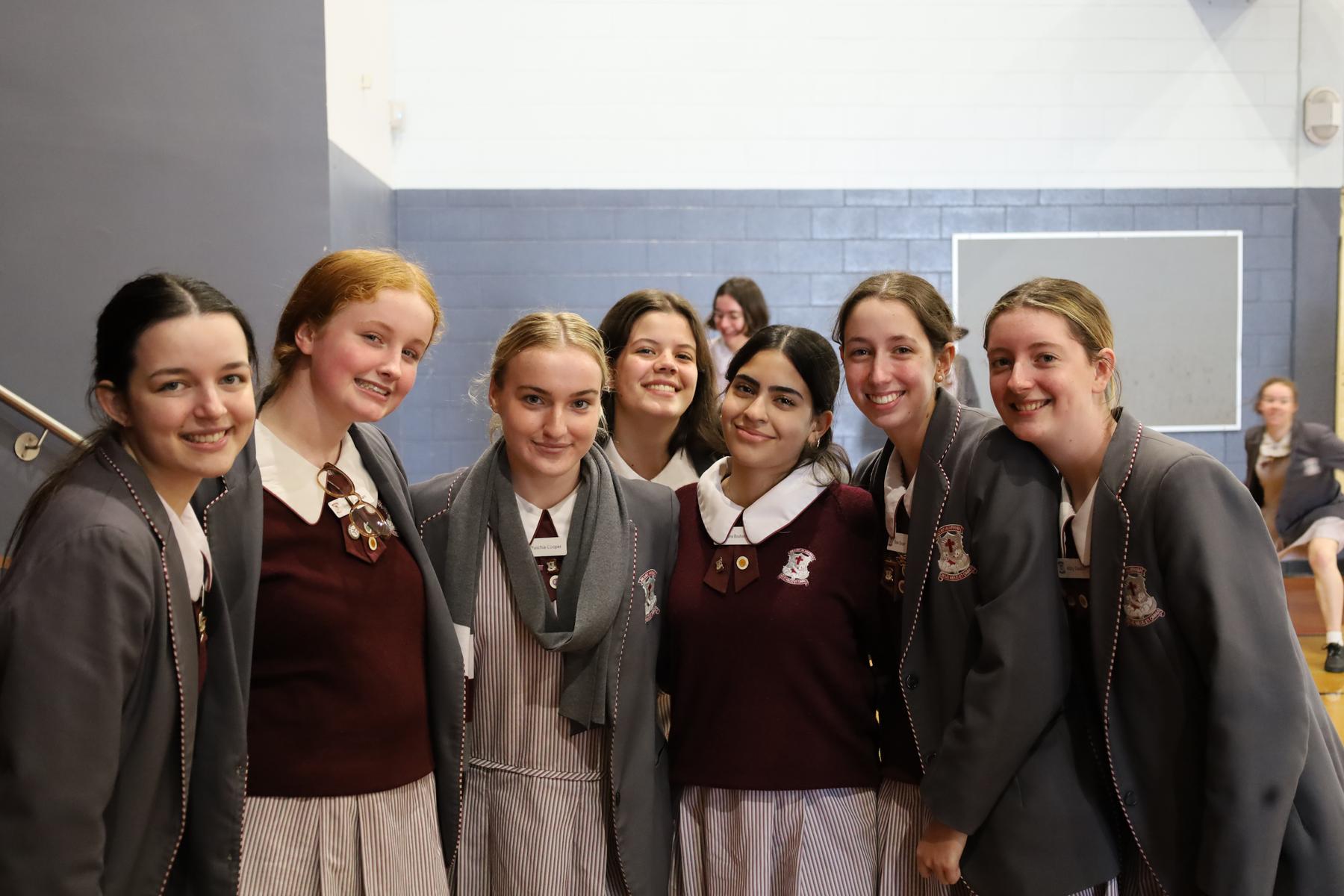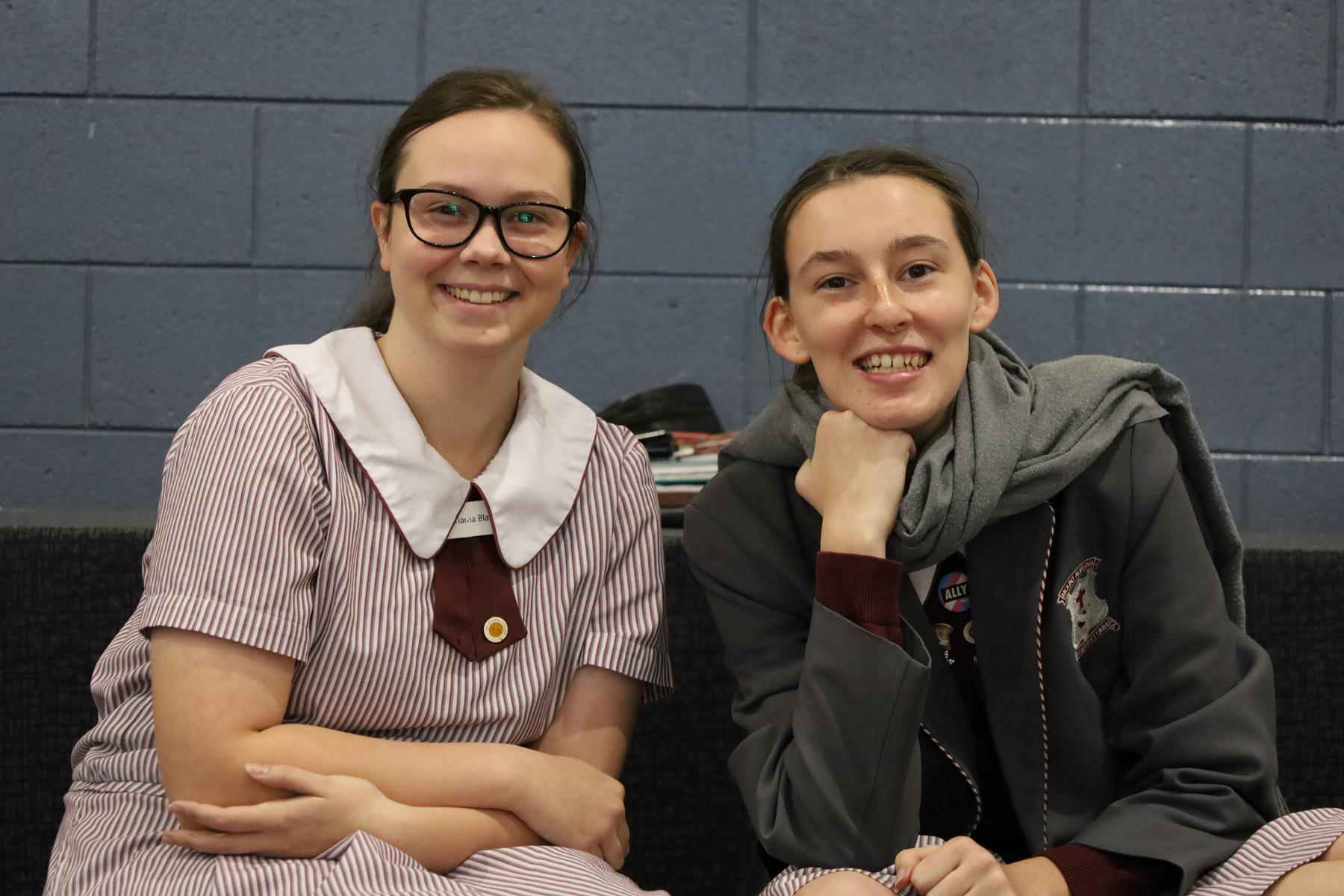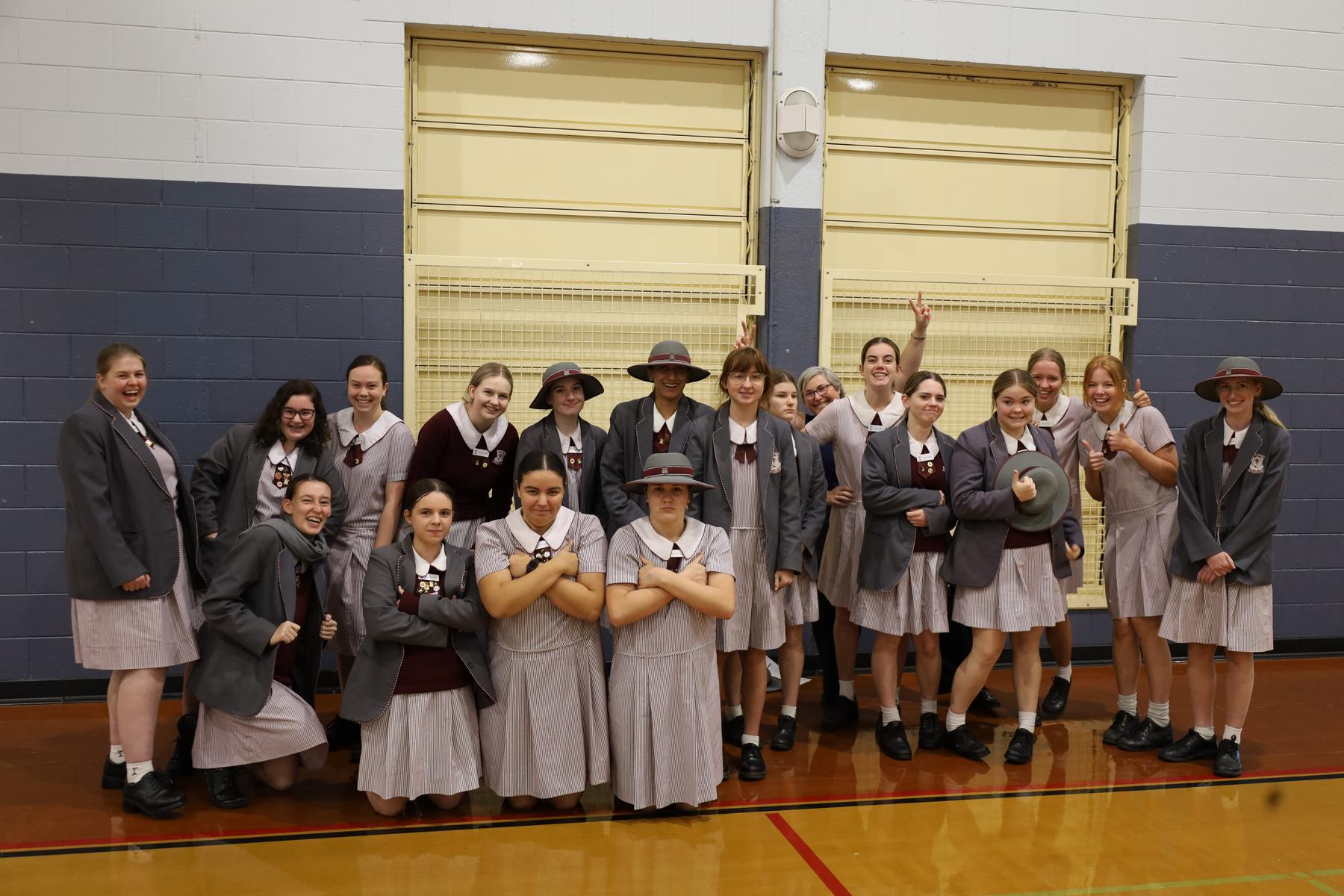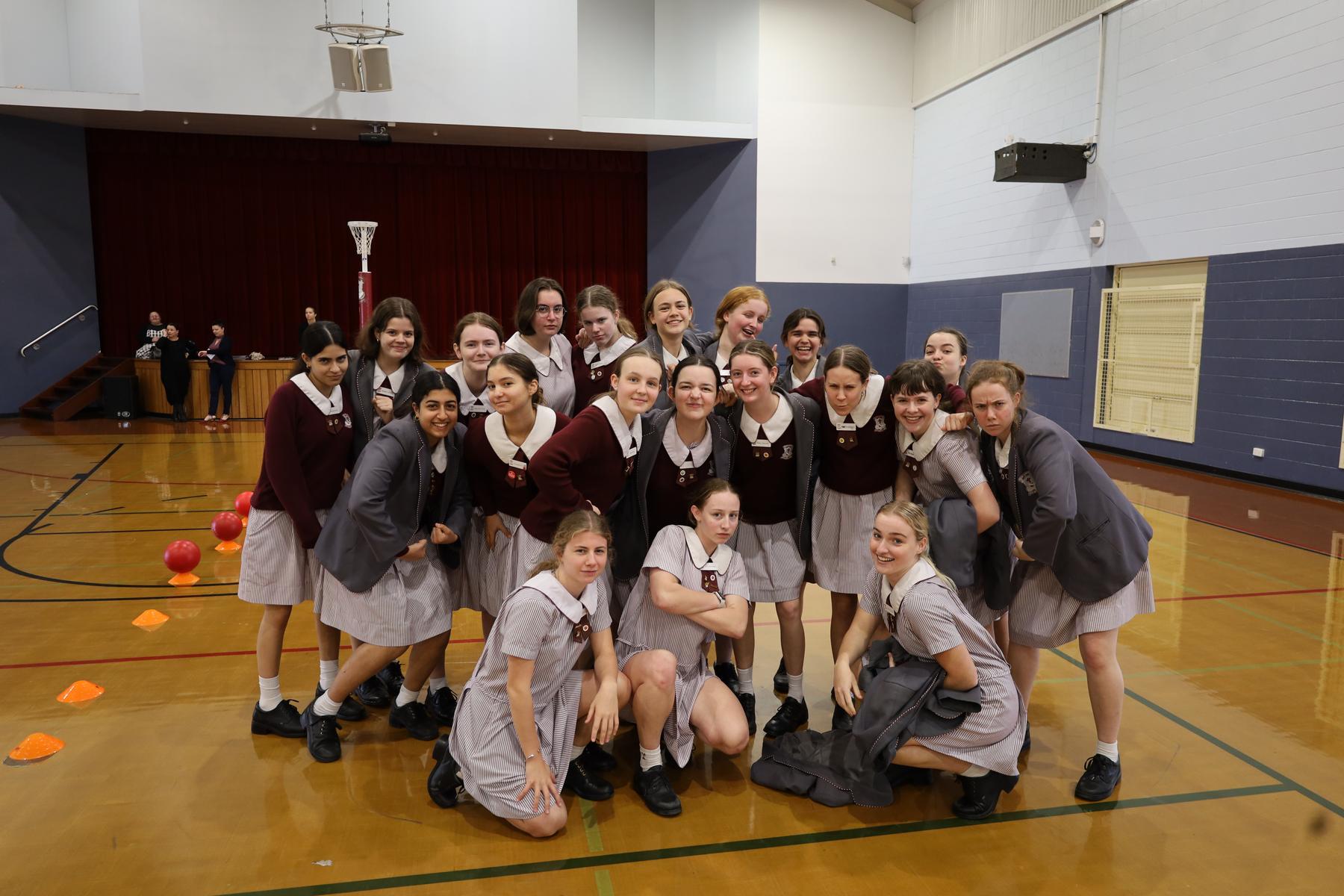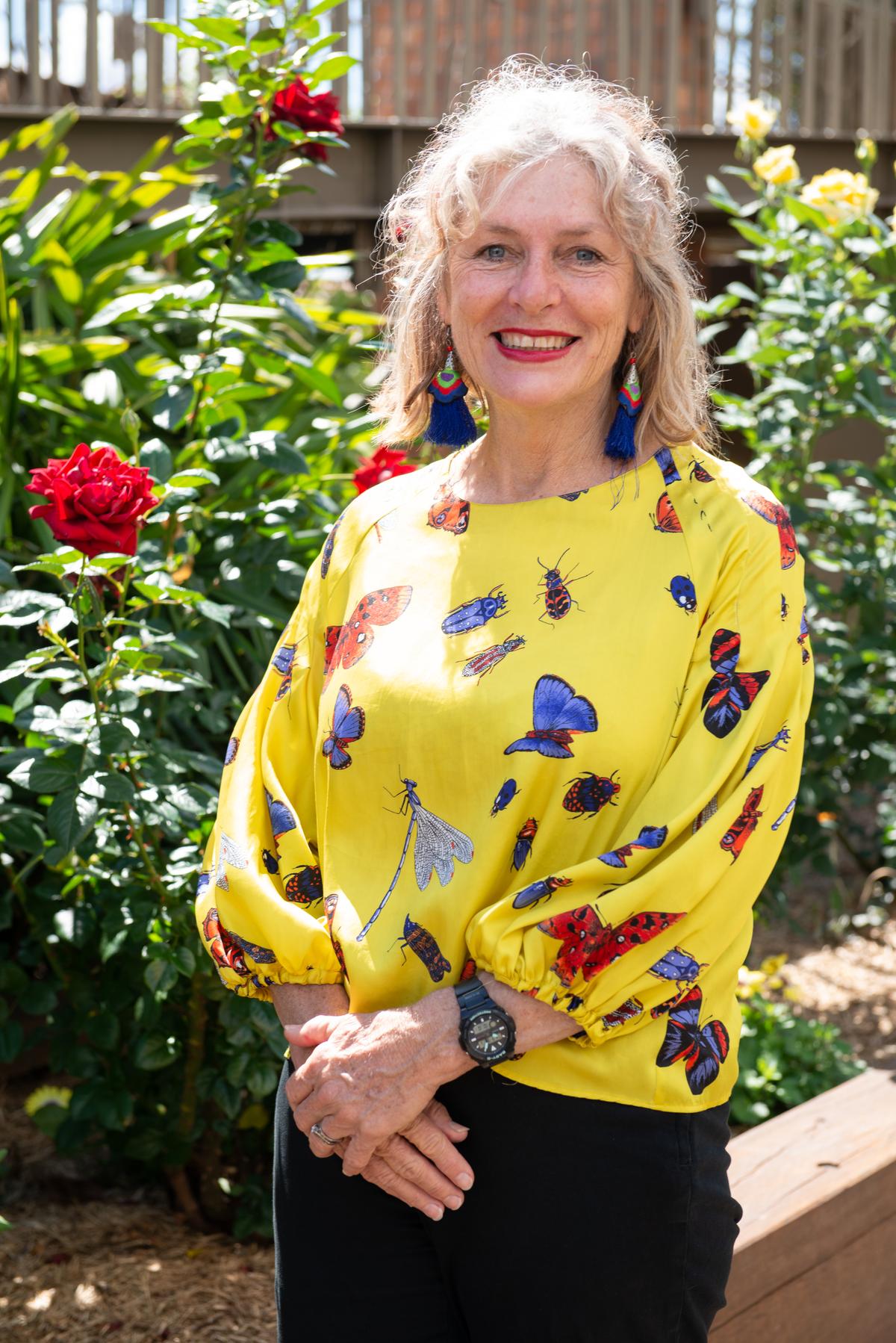Year 11 Pastoral Guardian
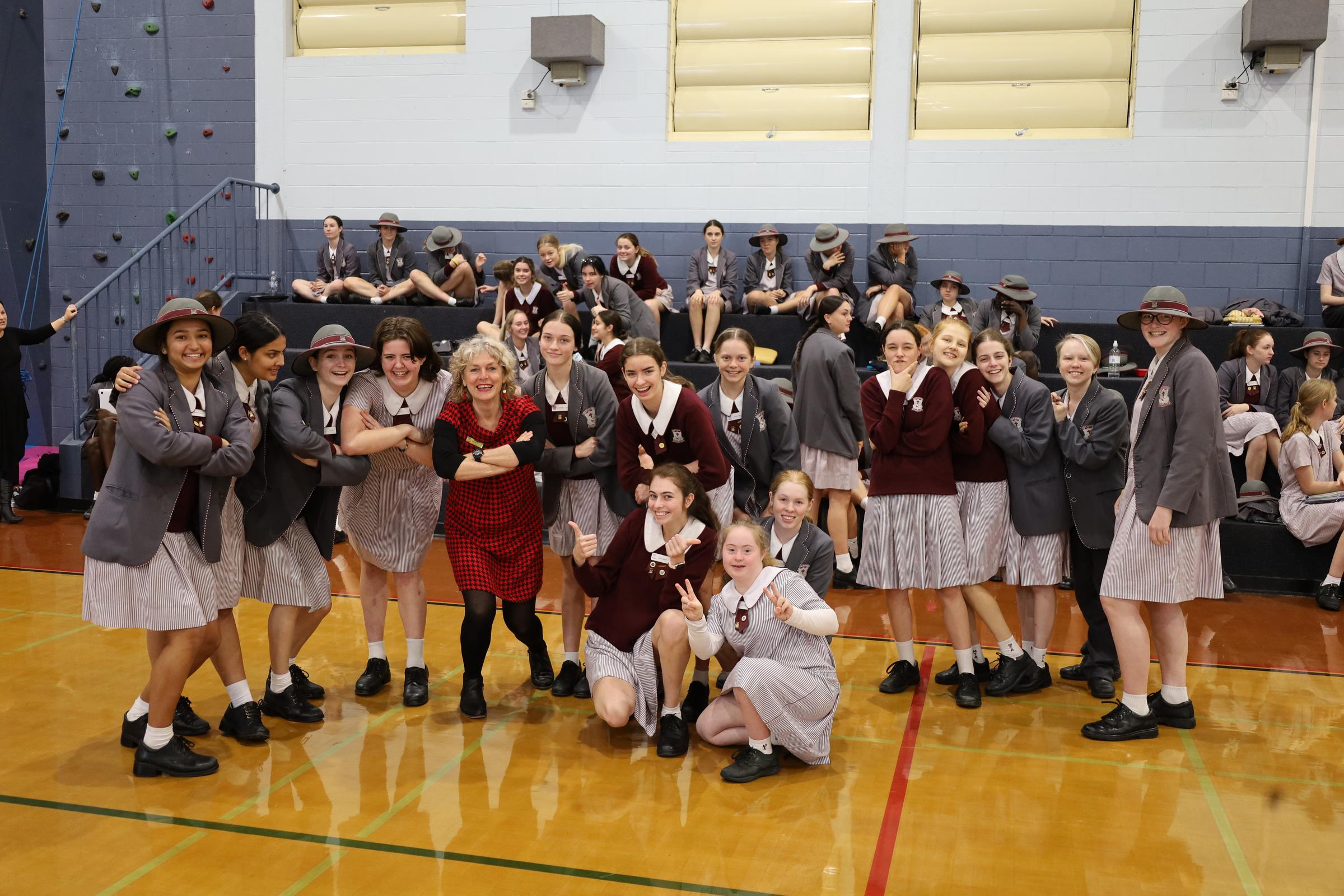
Can you believe we are halfway through Year 11 on our two-year Elizabeth Hayes final journey at school and your child’s journey to adulthood? As a parent at this stage of my child’s life, I was curious and excited about the possible futures, gradually realising the need to step back and allow more independence, slightly sad, yet pleasantly reminiscent about childhood passing, but assured that I had done the best I could to prepare my young adult for this stage. In our partnership as educators with you as parents and carers, we guide our very important young adults in physical and mental, psychological, spiritual, and cognitive domains of wellbeing, developing emotional and social capabilities and resilience in changing times. These domains are recognised in the National Wellbeing Framework that informs educators’ pastoral approach to supporting wellbeing for students to support learning and success.
In Year 11, to support wellbeing, our Personal Development Program for senior students focused in Term 1 on recognising the normalisation of stress for productive outcomes, the importance of a healthy balance in work, study, and exercise, and the importance of sleep, healthy eating, setting goals, managing study and life timetables, and the impact on academic success. Classes also engaged in meditation, mindfulness, and outdoor Move and Groove sessions aimed at connection and enjoyable activities away from technology and classrooms. As students are moving through end-of-semester assignments and exams, revisiting a discussion with your child about these wellbeing topics and strategies may be of positive benefit.
In Term 2, the Personal Development focus was based on resources provided by our College Psychologist/Counsellors, such as TED talks, interviews, current media reports, psychology services videos, and class discussions. The mature topics were based on recognising what it means to have healthy and unhealthy relationships, and strategies to manage relationships, romantic relationships, the current much publicised critical issue of consent, dating violence, changing relationships with parents, and the importance of communication, social connections, injustice towards women, and gender respect.
In these lessons, we have discussed strategies our young people have in their toolbox to turn attitudes around or to protect them from inappropriate advances or treatment in unhealthy situations and how to manage relationships. The importance of having control of your life, dignity and choices, and being aware of how to support peers in the stages of growing into adulthood is discussed in informal class sessions. Some issues may be confronting and some personal, but we are respectful of our management of discussion in these classes. It is a time in our school week to be without technology and academic requirements, in small groups in an informal safe environment, to have the opportunity to address pertinent life issues with peers in a situation guided by adults.
With my dual hat as teacher and Pastoral Guardian, I have enjoyed developing a positive relationship on a more informal level to know my students’ views, concerns, and their very mature attitudes to social issues that impact on their lives. I am constantly proud about their need as young people for developing a voice, for empowerment, and for an acknowledgment that they are young adults. Our senior students will be eighteen and voting and all too soon, so we as adults need to prepare them in a safe and guided environment for confronting issues, for making informed choices, and developing opinions in the social and political context. Their responses make me realise that our young people are informed, moral, and ethical, and are moving towards being decision makers of their futures.
Their number one support network, I think, from my experience is family but trusted peers at this age of young adulthood are also extremely important. This week, I asked Year 11s and 12 students in a video interview who their three to five 'go to' support people were when they needed to discuss their wellbeing. It was reassuring that most said family as a first.
Be reassured that you are very important. Take time in the holidays to have a chill and chat and surprise yourself - maybe or maybe not - about your child’s - I mean, young adult’s - views about critical world social, and political issues, gender, consent, relationships, empowerment, and the many topics in which we have engaged in our Personal Development Program and in their own peer-supportive discussions on their journey to adulthood.
I look forward in our final week of Term 2 - Year 11s demonstrating their leadership and spirit at the Athletics Carnival on Monday and the two Year 11 Reflection Days on Thursday and Friday.
Please connect with me at any time if you need on our final almost one-and-a-half-year journey together.
Karen Farrow
